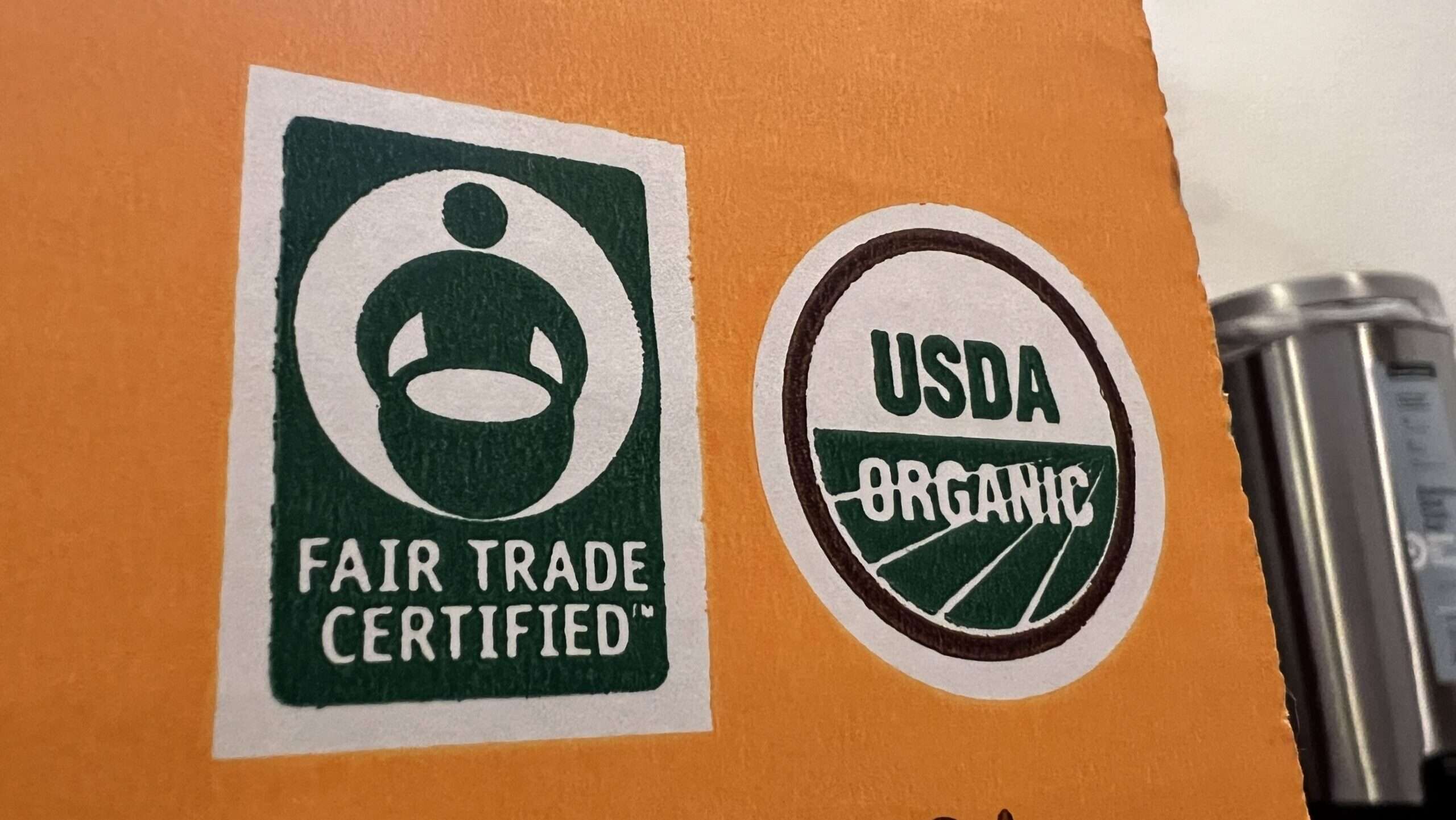The recent surge in organic food popularity is truly remarkable. From being a small niche market, it has now grown into a $200 billion industry and is projected to exceed $500 billion by 2032. In the span of just a decade from 2011 to 2021, U.S. organic food sales grew by 8 percent annually, with a nearly 80 percent increase in organic crop cultivation. The number of certified organic operations also rose by over 90 percent during this period.
However, amidst this growth, there have been instances of organic fraud, where non-organic products were falsely labeled as organic. The United States Department of Agriculture (USDA) has noted a rise in organic fraud cases, particularly in organic imports from regions like the Black Sea and India. To combat this, the USDA introduced new regulations in 2023 known as the “Strengthening Organic Enforcement” (SOE) rule, which came into effect earlier this year. Importers were given a grace period until September to comply with the rule, and now they are facing the consequences of non-compliance.
One key feature of the SOE rule is the expansion of certification requirements throughout the supply chain. In addition to organic food producers and farms, every entity involved in handling organic products must now be certified organic. While this move was supported by the organic food industry to enhance supply chain integrity, its main impact has been felt in the global wine sector, triggering a crisis.
The new rule mandates that any organic wine imported into the U.S. must not only originate from an organic vineyard and winery but also the importer must be certified organic. This has led to increased administrative burdens and compliance inspections for wine importers. The lack of direct communication from USDA has left many importers scrambling to meet the new requirements.
USDA’s estimates on the number of companies needing certification under the rule have fallen short, causing further confusion and chaos in the industry. Failure to comply with USDA organic regulations can result in significant penalties, leaving many organic wine producers with the tough choice of either removing their products from shelves or dropping the organic label.
While the goal of preventing fraud is noble, USDA’s involvement in organic regulation has diluted organic standards, benefiting large agricultural corporations. The solution may lie in returning organic certification to state or local authorities or private entities. If USDA continues its regulatory role, it should focus on clarity and support rather than punitive measures stemming from its own shortcomings.
Please rewrite this sentence.
Source link






